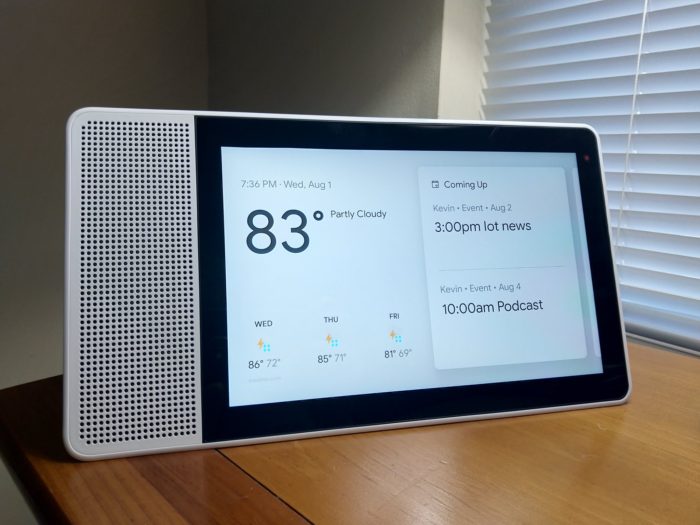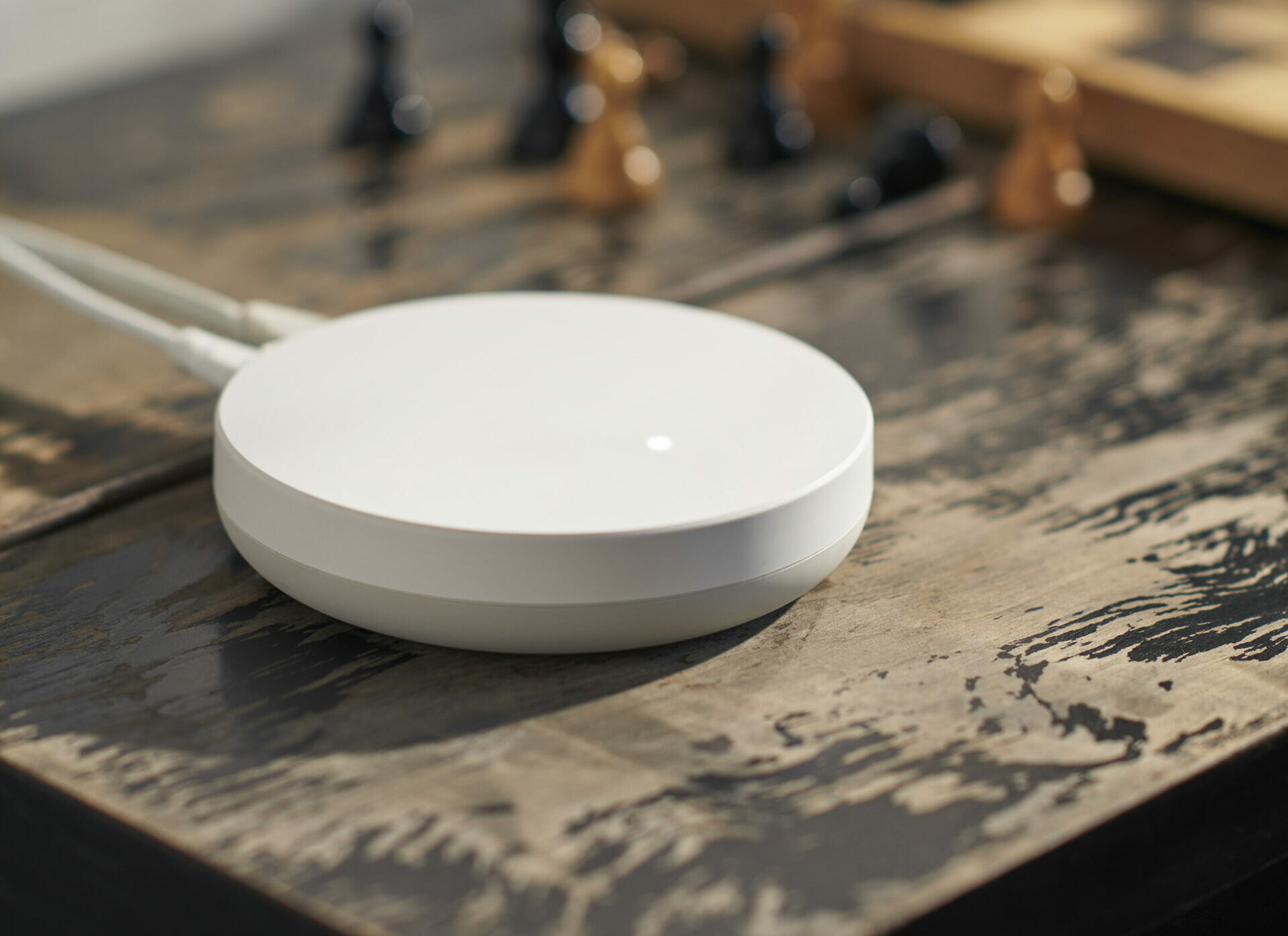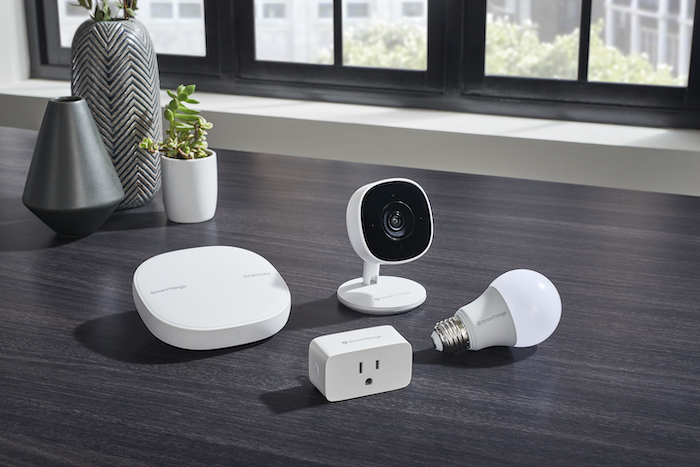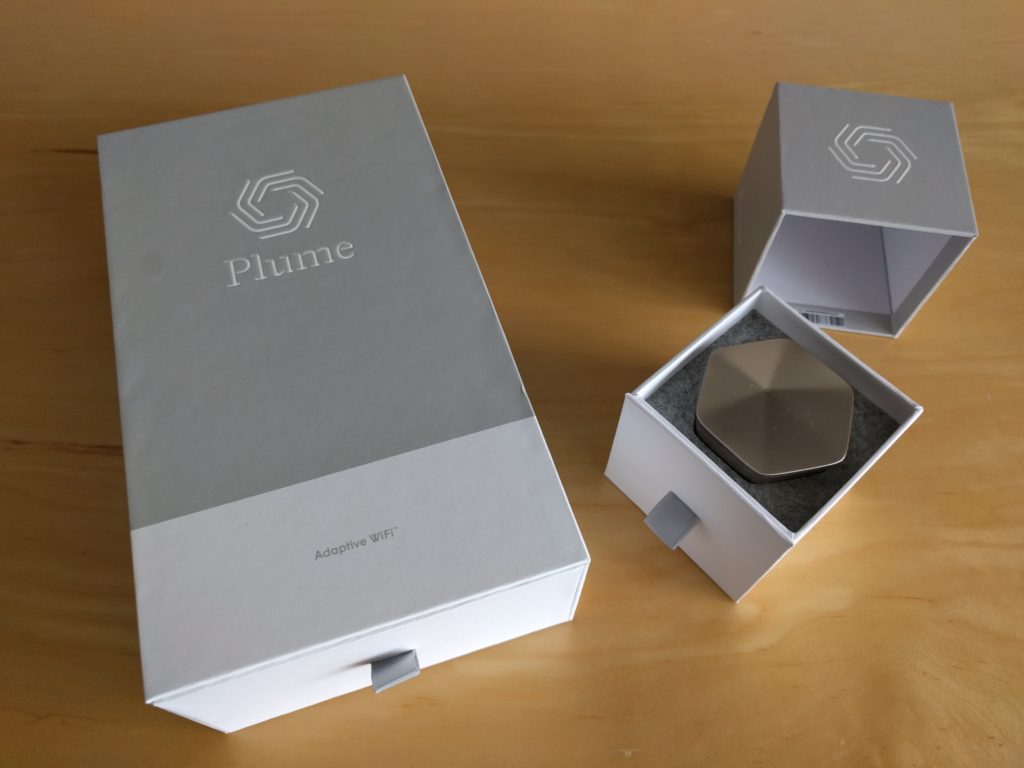This week’s show is full of both good news and bad news, starting with Google apparently dropping software update support for third-party smart displays. We question Google’s commitment to the smart home, even though the good news from Google is that it has released more capabilities to control new device types — a bit of good news. Then we review Nanoleaf’s Matter-enabled Essentials light bulbs and strips and are a bit worried about what it means for Matter. If you’re putting these bulbs in your smart home, you’ll need the Nanoleaf app and can only control them on one hub ecosystem based on our testing. That’s not what Matter was designed to do! In more bad news, Samsung SmartThings deleted a bunch of hubs on April 5, and we suggest some alternative options if you’d like to switch platforms. Digital privacy rules are getting more attention and I think smart medical device implants represent a tipping point. In generative AI news, Siemens and Microsoft are bringing AI to factories and we explain how they might work, while the National Telecommunications and Information Administration (NTIA) has a request for comment out on auditing AI. You have until June 10 to submit comments. The CSA has announced the launch of Zigbee Pro 2023 with better security features and a new transmission band. Finally, we answer a listener question about bringing smart charging his Tesla with his solar panels.

Our guest this week is Eben Upton, the CEO of Raspberry Pi Trading Ltd. and co-founder of the Raspberry Pi Foundation. Upton explains why Sony Semiconductor has made an undisclosed investment in the Pi Trading company. He also details the end of the supply chain challenges for the PI and says customers should see the shortage of Pis end in the second quarter (which is now). We also talk about why Raspberry Pi won’t get ML accelerators or smarter sensors on the board, what the industrial world is doing with Pis, and when we might see a Pi 5. We close with thoughts on RISC-V and future custom Pi designs. It’s a great interview.
Hosts: Stacey Higginbotham and Kevin Tofel
Guest: Eben Upton, the CEO of Raspberry Pi Trading Ltd.
Sponsors:OnLogic and Silicon Labs
- What is Google telling us about its smart home strategy?
- Nanoleaf’s new Matter lights showcase Matter’s broken promises
- Generative AI gets White House attention and a factory job
- When will Raspberry Pi supplies return to normal?
- Sony Semiconductor’s Pi investment is about manufacturing and smarter sensors
Podcast: Play in new window | Download | Embed
Subscribe: RSS



